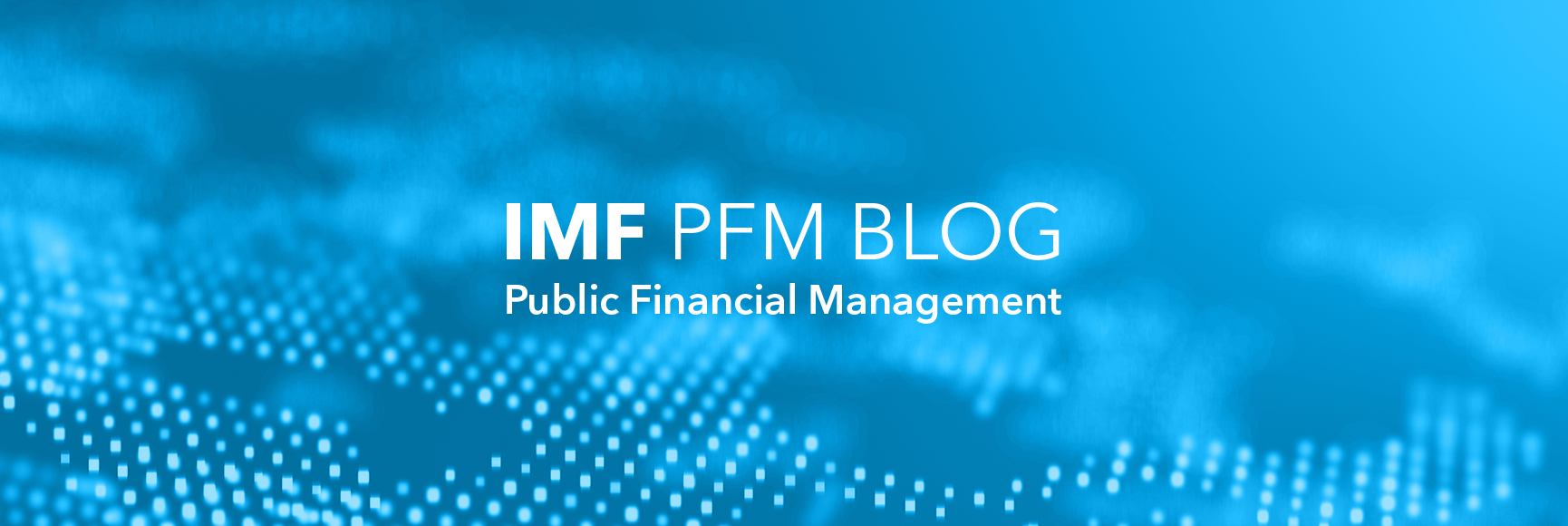
Posted by Sue Morrison[1]
A key area of PFM reform—reflected in one of the 31 indicators (PI-26) of the PEFA framework—is to improve the strength of internal audit in developing nations and vulnerable island states. In my work as an internal audit advisor in the Pacific Region—including Fiji, Papua New Guinea, Samoa, Solomon Islands, Vanuatu, and Tuvalu—I have supported the networking and professional development of internal auditors through the courses and accreditation provided by the Institute of Internal Auditors (IIA)[2], especially through IIA Australia. Although there are many thousands of kilometres of ocean between them, the network across the Pacific is building in strength and capability.
Internal auditors in these countries are receiving assistance to upgrade their skills so that the role they perform compliments, rather than duplicates, the work of the Auditor General and the Supreme Audit Institution. In some countries, there is still a way to go to persuade government actors that internal auditors should be conducting risk-based audits of operations, management and financial systems and advising management on improving governance, risk and control. This is the requirement of the international standards for internal audit (laid down by the IIA in their International Professional Practices Framework) but has not been fully embedded in many Pacific countries.Publish
There is an unfortunate legacy in these countries of internal auditors being trained by aid-funded advisors who are not qualified or experienced internal auditors. As well as perpetuating non-compliant audit methodologies, this has led to a wrong expectation that internal auditors should only do financial attestation and transactional verification, which effectively duplicates the work of the external auditor and confuses everyone.
However, there have been some success stories too. Although it is the 4th smallest country in the world, with a population of only 11,000, Tuvalu now has a fully operational Internal Audit function across government and a strong Audit Committee, both of which are supported by the Tuvalu Office of the Auditor General. The Head of Internal Audit and the Auditor General have signed a Memorandum of Understanding to harmonise audit work, share information and participate in joint training opportunities. The Audit Committee has three independent members and two government members. The Auditor General’s Office and the Ombudsman’s Office are ex-officio members and advisers to the Audit Committee. This is a model of good governance for other countries to consider.
One of the intended outcomes of strengthening internal audit in Tuvalu was to meet the national implementing accreditation requirements for accessing climate change project funding, including the Green Climate Fund. Climate change is a daily “in your face” problem for those living in vulnerable countries such as Tuvalu, impacting as well on the advisors who are serving there. For example, the rising sea level and increased frequency and intensity of cyclonic weather has created shortages of fresh fruit and vegetables for which the Government is seeking aid funding.
While aid funding for climate change projects across the Pacific is readily available, development partners are rightly concerned whether national PFM systems are robust enough to appropriately manage these funds and ensure sustainable outcomes. The role of internal auditors in reviewing how aid funds are spent is crucial in providing the assurance sought by the government and development partners. This scrutiny includes timely assessment of project outcomes and of the control environment established by the government. Retrospective “tick and flick” of last year’s transactions will not provide that assurance. Internal auditors must review whether the business processes and controls used to disburse these aid resources are appropriate and efficient, and supported by the underlying attitudes and behaviors of accountants and financial managers and the country’s organisational culture.
The IIA released in October 2019 a Practice Guide for Public Sector Internal Auditing (“Unique Aspects of Internal Auditing in the Public Sector”). These guidelines encourage internal auditors to consider the government’s mandate to serve the public good, uphold the principles of good governance, and ensure equity in the delivery of public goods and services. They urge auditors to delicately handle the tension between political pressure and the ethical principles of good governance. This tension may require auditors on occasion to challenge the status quo including powerful, entrenched political interests. All public sector internal auditors whether in developed or developing countries should equip themselves with the skills, knowledge, and courage to fulfil these responsibilities prudently.
[1] Sue Morrison is an internal audit expert who has been providing technical assistance to the public sector internal auditors in Fiji, PNG, Samoa, and The Gambia through the IMF’s Regional Technical Assistance Centers in the Pacific (PFTAC) and West Africa (AFRITAC West).
[2] The IIA is the professional standard setting body for internal auditors, equivalent to INTOSAI and its regional organizations for external auditors.
The posts on the IMF PFM Blog should not be reported as representing the views of the IMF. The views expressed are those of the authors and do not necessarily represent those of the IMF or IMF policy.







